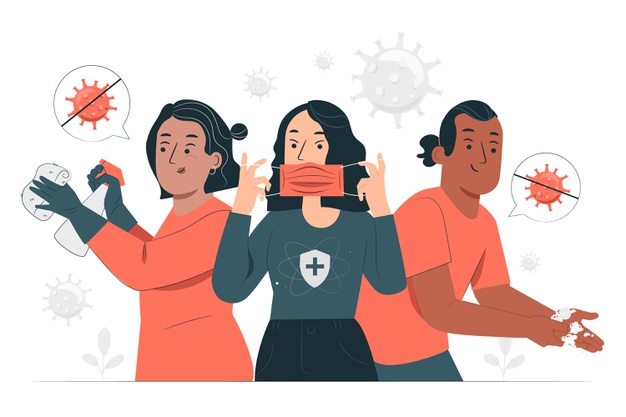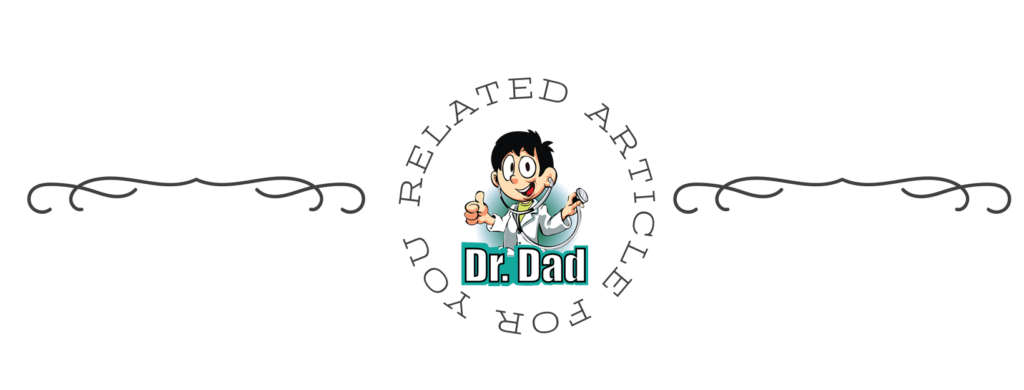Covid-19 vaccination for all above 18 years of age is seen as a major step in controlling the second wave of Covid-19 in which India’s infection tally has reached 15,061,919.
Covid-19 vaccination will be made available for all citizens above the age of 18 years from May 1 onwards, the government announced on Monday. The much-awaited announcement comes when India has been recording a daily surge of over 200,000 cases of coronavirus disease for the past five days. “India is vaccinating people at world record pace and we will continue this with even greater momentum,” Prime Minister Narendra Modi said during the meeting where the decision to vaccinate all adults in the country was taken.

The move is seen as a major step in controlling the second wave of Covid-19 in which India’s infection tally has reached 15,061,919 and the toll from the viral disease has gone up to 178,769, according to the Union ministry of health and family welfare.
Here’s a look at key points on India’s Covid-19 vaccination strategy
The first phase of India’s Covid-19 immunisation programme was launched on January 16 this year in which all health and frontline workers were eligible to take the shot. The second stage of the vaccination drive was initiated in two parts on March 1 and on April 1. During this phase, all people above 60 years of age and those over 45 years with comorbidities, accounting for more than 80% Covid-19 mortality in the country were allowed to take the vaccine.
Read More: Coronavirus: Pregnant women can transfer antibodies to their babies, study claims
The “liberalised and accelerated Phase 3 strategy” of Covid-19 vaccination becomes effective from May 1 following which the nation’s entire adult population, i.e, all citizens above the age of 18 years will be allowed to receive the jab.
The health ministry has asserted that “a good amount of coverage of vulnerable groups” is expected by April 30. “India has been following a dynamic mapping model based on the availability of vaccines & coverage of vulnerable priority groups to take decisions of when to open up vaccinations to other age groups,” the ministry said in a statement after the PM’s meeting.
Related Topic: How parents and teachers can help children in the fight against COVID-19 infection
Unlike the first phase of the Covid-19 inoculation drive, the government roped in the private sector as well in the following phases. “In its Phase-III, the National Vaccine Strategy aims at liberalised vaccine pricing and scaling up of vaccine coverage. This would augment vaccine production as well as availability, incentivising vaccine manufacturers to rapidly ramp up their production as well as attract new vaccine manufacturers, domestic and international,” the health ministry said.
From May 1, vaccine manufacturers would supply 50% of their monthly Central Drugs Laboratory (CDL) released doses to the government and would be free to supply the remaining 50% doses to state governments and in the open market, according to the health ministry statement.
Manufacturers are required to make an advanced declaration of the price for 50% supply that would be available to state governments and in the open market before the drive begins on May 1. The state government, private hospitals, industrial establishments, etc will be able to procure vaccine doses from the manufacturers based on these prices. Private hospitals would have to procure their supplies of Covid-19 vaccine exclusively from the 50% supply earmarked for other than the government channel.
Two masks better than one: Double masks increase protection to about 80%, says experts
Did you look twice at the man with two masks on at the neighbourhood market? And later found a few more like him? As the second Covid-19 wave lashes the country, many are going for the double-mask approach to keep the virus away, with experts saying its “advisable” and an “established way to stop transmission”.

“One can wear a surgical mask and a cloth mask or two cloth masks. However, with N95 masks, doubling is not needed,” says Dr Rommel Tickoo, director, internal medicine department at Delhi’s Max Saket. “A double mask is advisable when a person is going to crowded places where social distancing is not possible,” he says
Must Read: Can children get Covid-19 vaccine yet?
Many masks don’t fit perfectly on the face. Wearing double masks reduces the risk of droplets from an infected person escaping through the sides while breathing in and out, say experts.

The double-masking recommendation is based on a study conducted by the US Centre for Disease Control and Prevention (CDC). The CDC conducted experiments to assess two ways of improving the fit of medical procedure masks — fitting a cloth mask over a medical procedure mask, and knotting the ear loops of a medical procedure mask and then tucking in and flattening the extra material close to the face. Each modification substantially improved source control and reduced wearer exposure, it found.
Read More: Coronavirus: Pregnant women can transfer antibodies to their babies, study claims
“Double masking and knotting are some of the established ways to stop transmission as it ensures a tight fit. While people may feel it impedes breathing, its regular use could ease the discomforts,” said Maharashtra Covid taskforce member Dr Shashank Joshi. Joshi recommends using a medical three-ply mask covered by a cloth mask or vise-versa for maximum protection. “Double masking can prove to be effective in crowded places, rooms where there is lack of proper ventilation or places where social distancing can be a challenge such as a local train compartment,” added Joshi added.
Wearing a double mask provides a more fool-proof protection, according to Rahul Jain, internal medicine consultant at Belle Vue Clinic in Kolkata. Often, the mask gets displaced or is not properly fitted around the nose and mouth. This may happen if the string gets loose. A second mask ensures that the cover remains firmly in place,” said Jain.
Related Topic: How parents and teachers can help children in the fight against COVID-19 infection
However, some experts feel double-masking cannot be standard strategy. “The theory of double mask has been discussed, propagated by some as a better filter to prevent the leaks. However, this cannot be recommended as a standard strategy. One good mask well-worn is good enough to offer protection,” Dr Ravindra Mehta, chief of pulmonary, critical care and interventional pulmonology, Apollo Speciality Hospitals, Bengaluru.
“There is no scientific study which proves that double masks are safer. Properly using an N-95 mask or triple layered cloth mask offers protection,” Dr V Ravi, virologist, member, Covid technical expert committee, Karnataka.
You May Like:
Is double masking better? Should we double mask our children?
It has been a year now since coronavirus hit the world. Our lifestyle turned literally upside down when the pandemic started; our plans changed; our survival strategies were changed in order to survive this pandemic. One of the major steps which the Central Disease Control and Prevention (CDC) asked us to make was wearing a mask. Read More:


